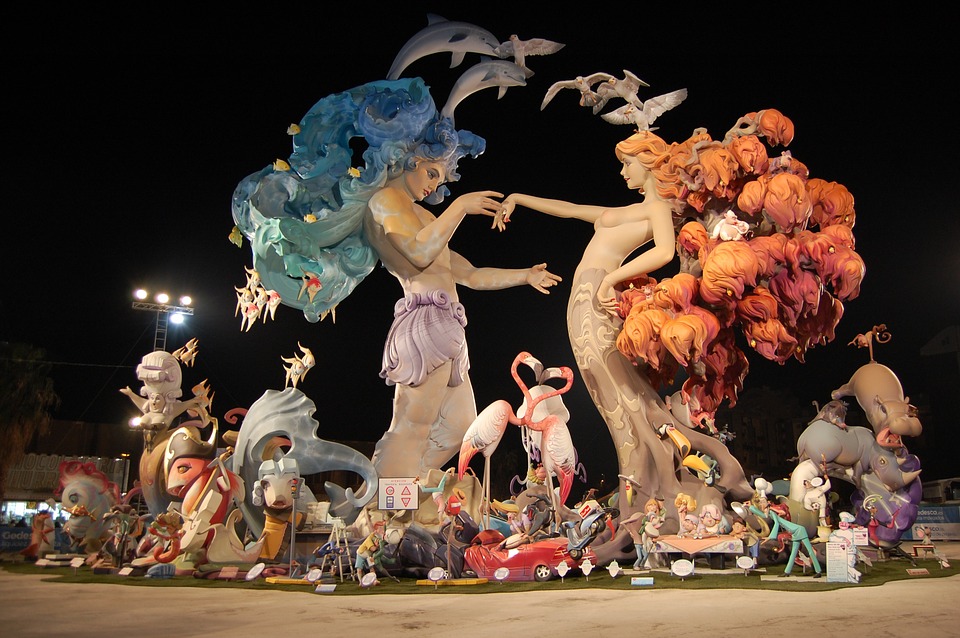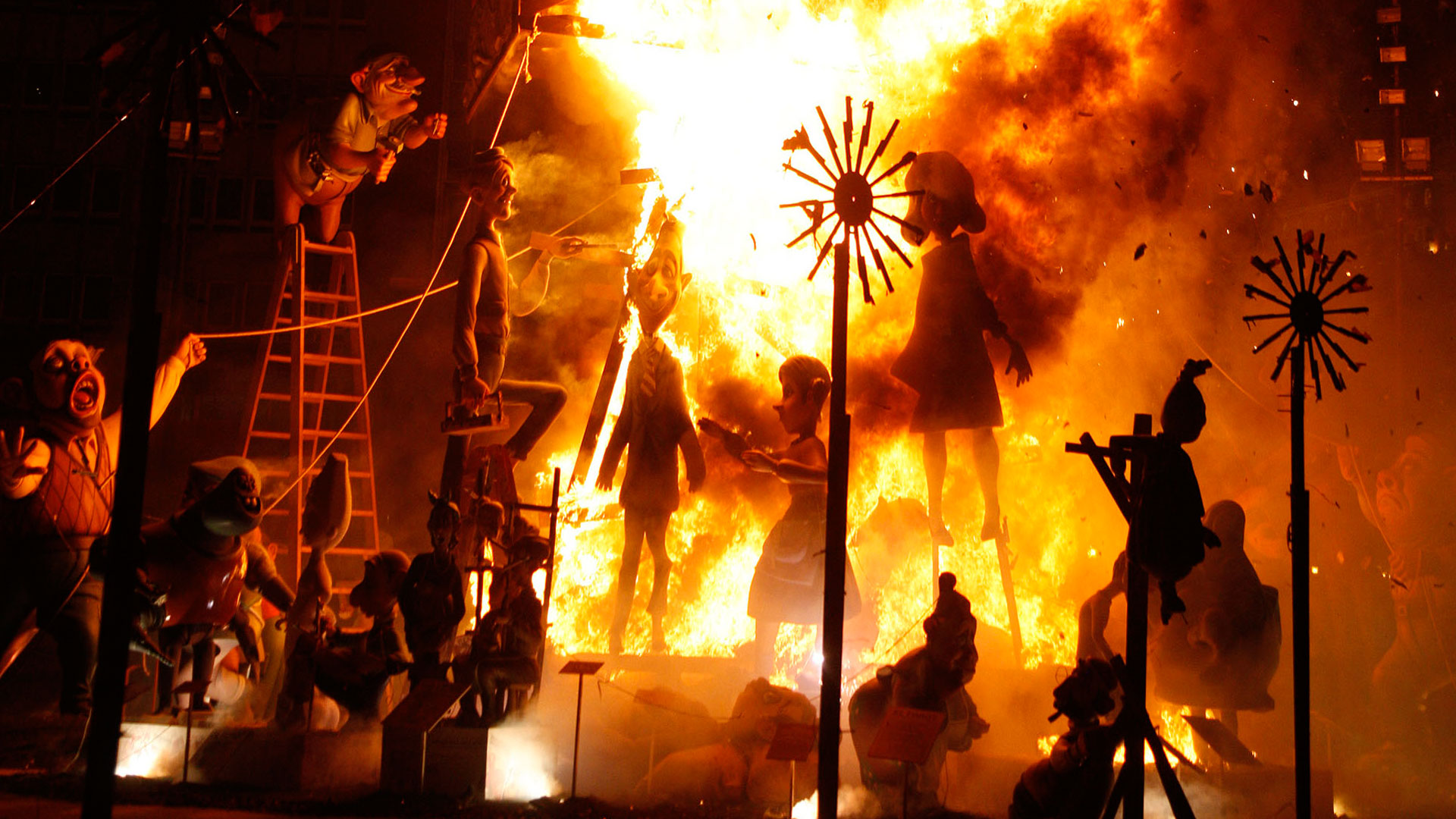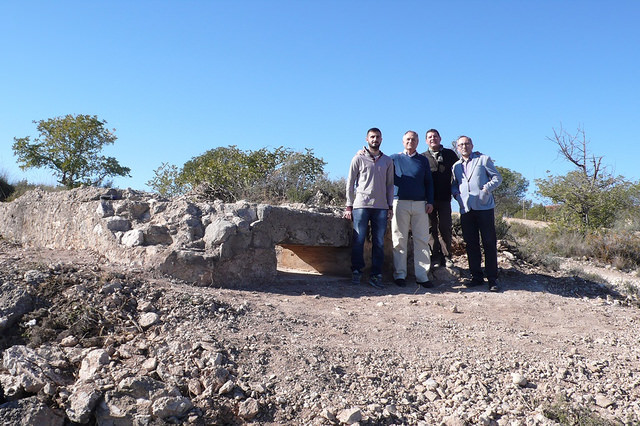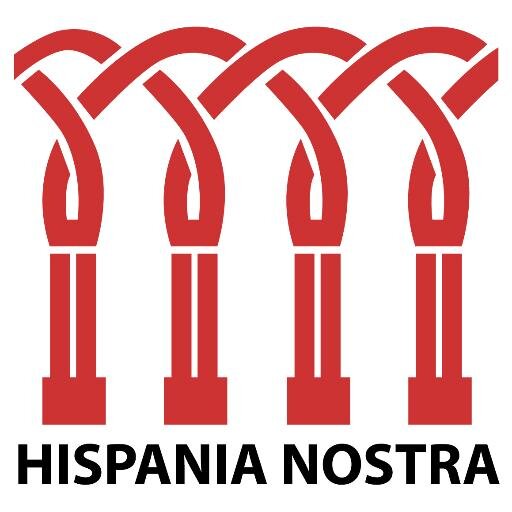15 december 2016
The United Nations Educational, Scientific and Cultural Organization (UNESCO) established that Cultural Heritage is not limited to monuments or collections of material objects. It also encompasses the field of traditions or expressions that act as an intergenerational link. Thus, these cultural practices or traditions that have been inherited from our ancestors will be also transmitted to our descendants if a good work of protection and diffusion is carried out.
Moreover, the UNESCO considers intangible cultural heritage to be an important factor in maintaining cultural diversity, in opposition to the globalization process that increases quickly day by day. In this sense, oral traditions, performing arts, social practices, rituals, festive events, knowledge and practices concerning nature and the universe, or knowledge and skills to produce traditional crafts would be a part of our Intangible Cultural Heritage.
The organisation established the Fallas as a festivity or tradition that celebrates the arrival of spring, and alludes to current social problems in a satirical way.

"Established in the square of a village, the “falla” is set fire at the end of the festival, which runs from 14 to 19 March. It symbolises the arrival of spring, purification and rejuvenation of the social activity of the community. In the meantime, music bands parade through the streets, outdoor meals are organised, and there are fireworks everywhere."
Why are the Fallas part of the World Heritage?
The Fallas meet the five main criteria established by UNESCO for its declaration as an Intangible Cultural Heritage of Humanity:
- Human Rights. Unesco underlines the compatibility with human rights, openness to any social group, of any age, profession, social class and cultural dimension. Furthermore, it allows an increasing representation and participation of women in planning and realization.
- Fire festivals. Experts understand that being on this list would draw attention to other national and international fire festivals and their respective communities in the Mediterranean region. It would also improve social comprehension.
- Arts and crafts. According to the UNESCO, the Fallas stand out for creativity in arts and crafts, and its safeguard allows the continuity of many skills, while the use of satirical touches and other forms of literature can also be an important source of inspiration.
- Intergenerational. The organisation emphasises its report on active intergenerational transmission, and the Fallas’ organisations, which ensure the viability of this holiday; as well as in the participation of communities, municipalities and universities.
- Heritage. The UNESCO points out that the Fallas were included in 2012 in the General Inventory of Valencian Heritage. Later, it became also a part of the Register of Assets of Cultural Interest of the Ministry of Culture.

Criticisms
The candidacy of the Fallas to be declared a World Heritage had to face some negative allegations made by neighbours. It was mainly criticised because of the dirtiness, the pollution and the organisation of bullfights during the festivity.
The complaints were formally answered in front of the intergovernmental commission, and it was affirmed that the reintroduction of cloth and cardboard (the traditional materials for the construction of the monuments) is already being encouraged by the institutions. In addition, they said that, according to some experts, the daily fumes of cars and burned oils cause more pollution, an aspect that is minimised during the festivity, since the traffic is significantly reduced.
Regarding bullfighting, it was explained that the bullfighting festival is an independent event from the Fallas, and that it has been years since the falleras mayores last attended to such events.
Finally, regarding the issue about dirtiness, it was ensured that reinforcements and the immediacy of cleaning services were increased every year, as well as initiatives to encourage the collection of waste by the same Fallas organisations.









